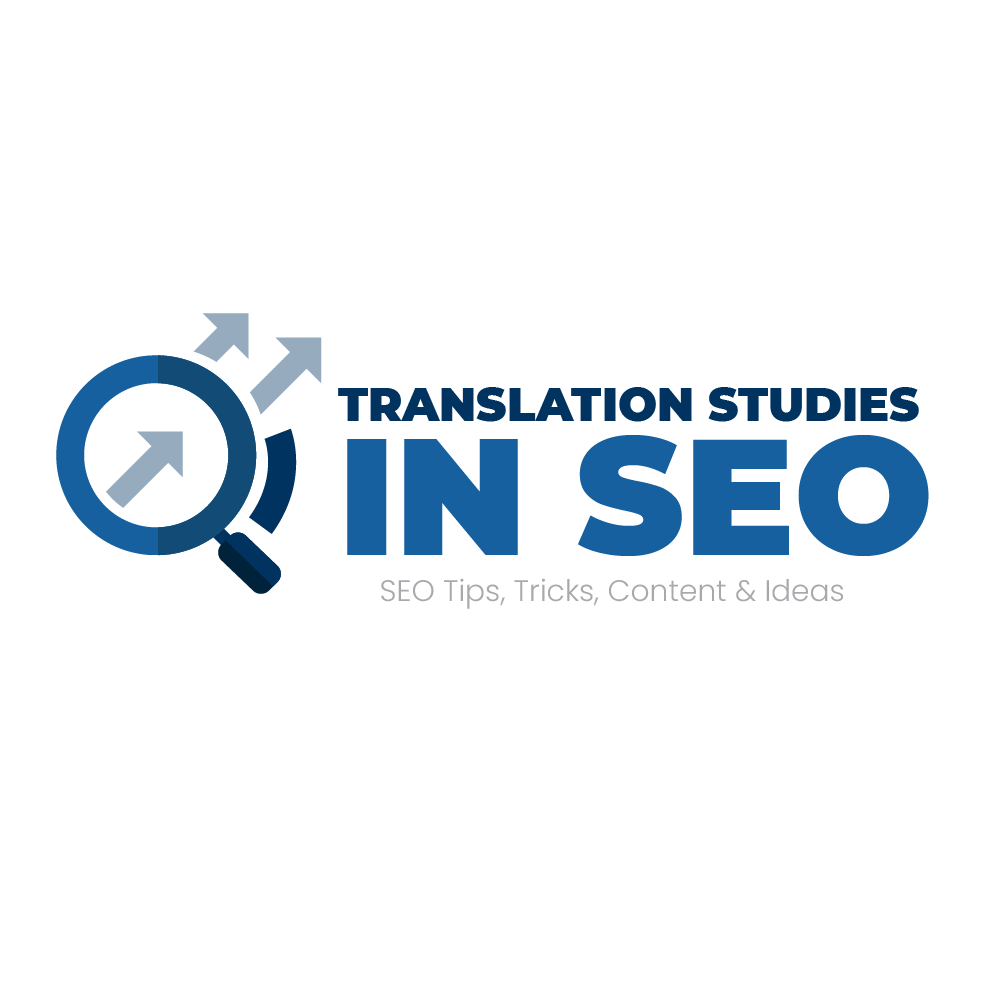SEO (Search Engine Optimisation) refers to a set of practices designed to increase a website’s visibility on search engines (like Google).
Search engine optimization (SEO) is essential for helping users quickly and conveniently access your content.
There are several steps you can take to boost your website’s search engine optimization (SEO), such as keyword research, on-page optimization and link building.
Keyword research
Keyword research is an integral component of any successful search engine optimization campaign. It allows you to identify popular keywords your target audience uses, giving you insight into what kind of content needs to be created in order to rank highly on SERPs (search engine result pages).
If your business is an eCommerce website or small business, keyword research can be a powerful tool to increase site visibility and drive more organic traffic. Not only that, but it also increases brand awareness and increases conversion rates.
Before you begin, it is important to consider various topics related to your brand. For instance, if you sell organic dog food, search for keywords such as “organic dogs” or “dog foods for allergies.”
You can discover potential keywords by exploring websites that extensively cover these topics. Wikipedia, for instance, provides extensive information on specific subjects and is an excellent place to begin searching for words your audience is likely searching for.
On-page optimization
On-page SEO is the practice of optimizing your website content to boost its ranking on search engine result pages. This involves several elements, such as keywords, HTML tags and page titles among others.
The title tag is an essential component of on-page optimization. It appears in search results as a headline and helps establish the topic and purpose of your webpage.
Meta descriptions are not directly responsible for ranking, but they do influence Click-Through Rate (CTR). Optimizing the title and meta description of your web page to match up with content ensures that the information presented is pertinent and matches search terms used on your site.
Page speed is an essential on-page SEO factor, and Google rewards sites that load faster. You can use tools like Google’s PageSpeed Insights to assess your site’s speed and identify ways to enhance it.
Link building
Link building is one of the most crucial elements in search engine optimization (SEO). The goal of link building is to increase the number of high-quality links pointing towards a webpage.
Google and other major search engines use the quality of links to determine where a page should rank on their SERPs. They believe that each link serves as proof that the website receiving it has quality content and should be ranked higher.
Google penalizes websites using black hat techniques to acquire links quickly. Fortunately, there are plenty of effective link strategies you can employ that will help boost the rank of your content.
Broken link building is an effective strategy for finding external links pointing to broken pages on competitors’ sites. Once you identify these broken pages, it’s easy to reach out and request they link back to your content instead. This strategy takes just a little effort each day but over time could result in many new links being generated.
Content creation
One of the most essential elements in search engine optimization (SEO) is content creation. This includes creating blog posts, guides and other forms of written or visual material to draw people in.
Though it may seem like a daunting task, there are several straightforward steps you can take to create quality SEO-friendly content. The first step is identifying your objectives as a business.
From there, brainstorm topics that will engage your target audience. Finally, conduct keyword research to uncover long-tail keywords that will enable you to rank well for these topics.
Another effective method for creating SEO-friendly content is writing original, informative articles. This type of article can serve to inform readers about your brand and industry, drive more traffic to your website, or build a loyal base of devoted fans.
